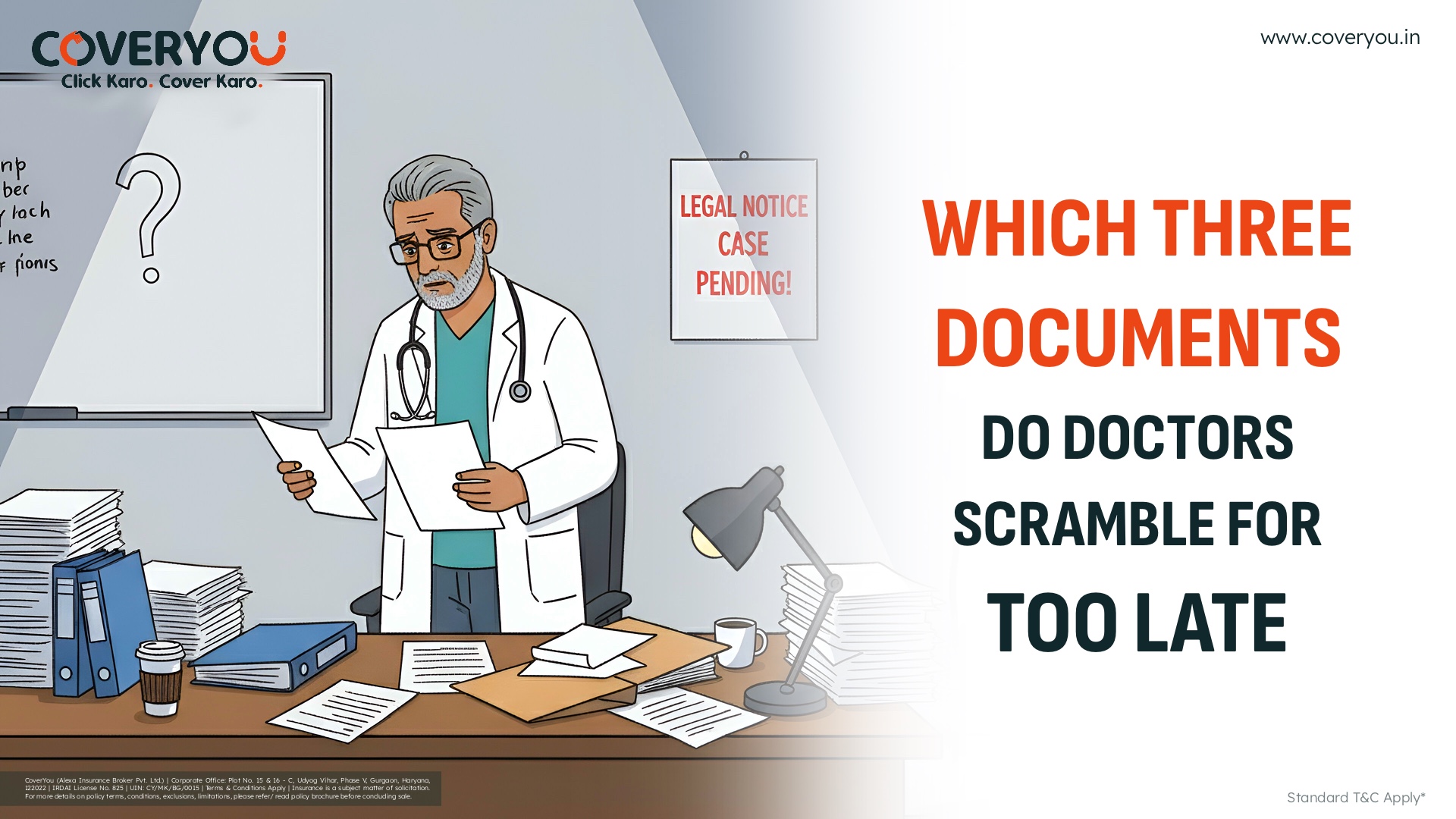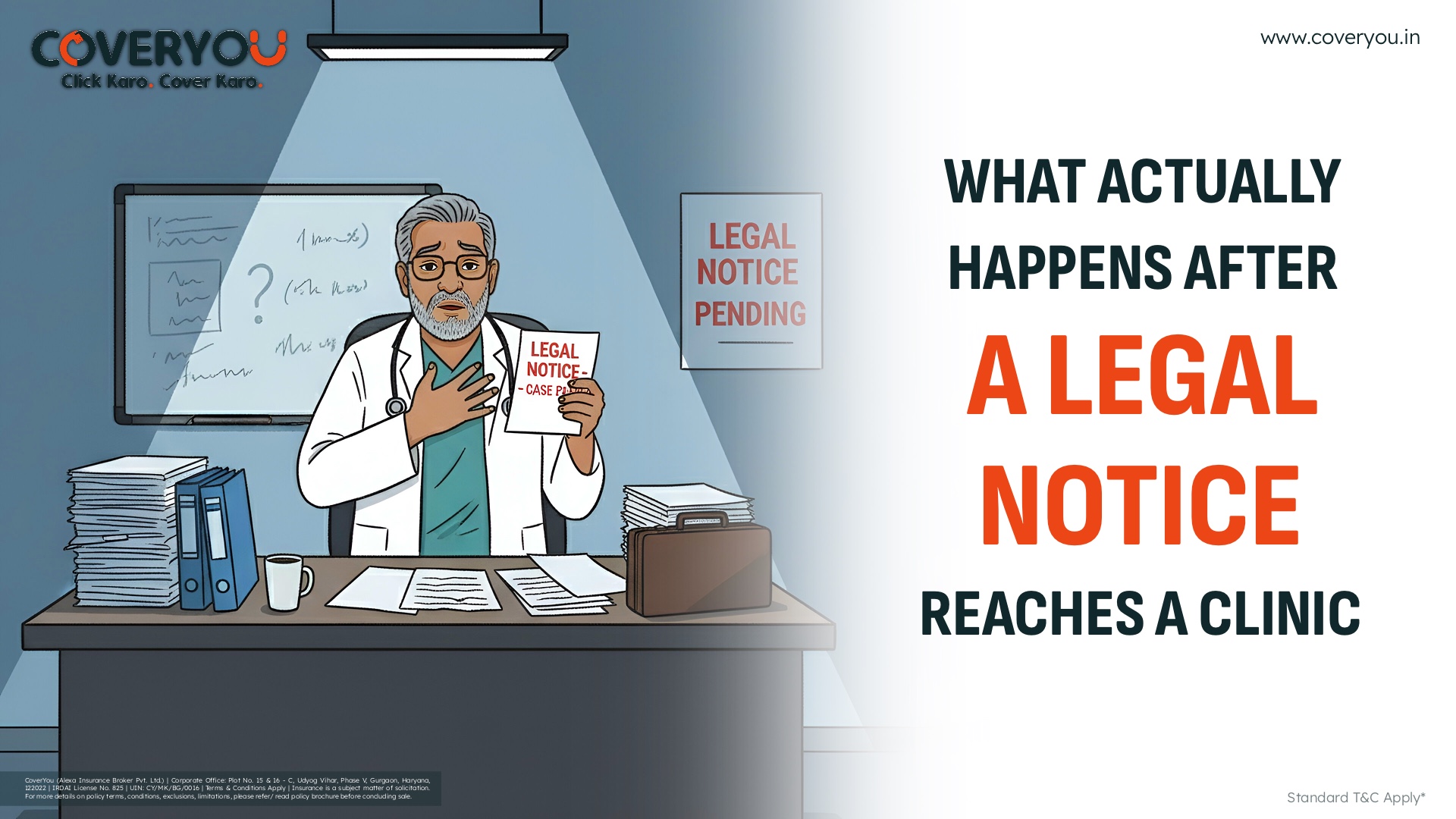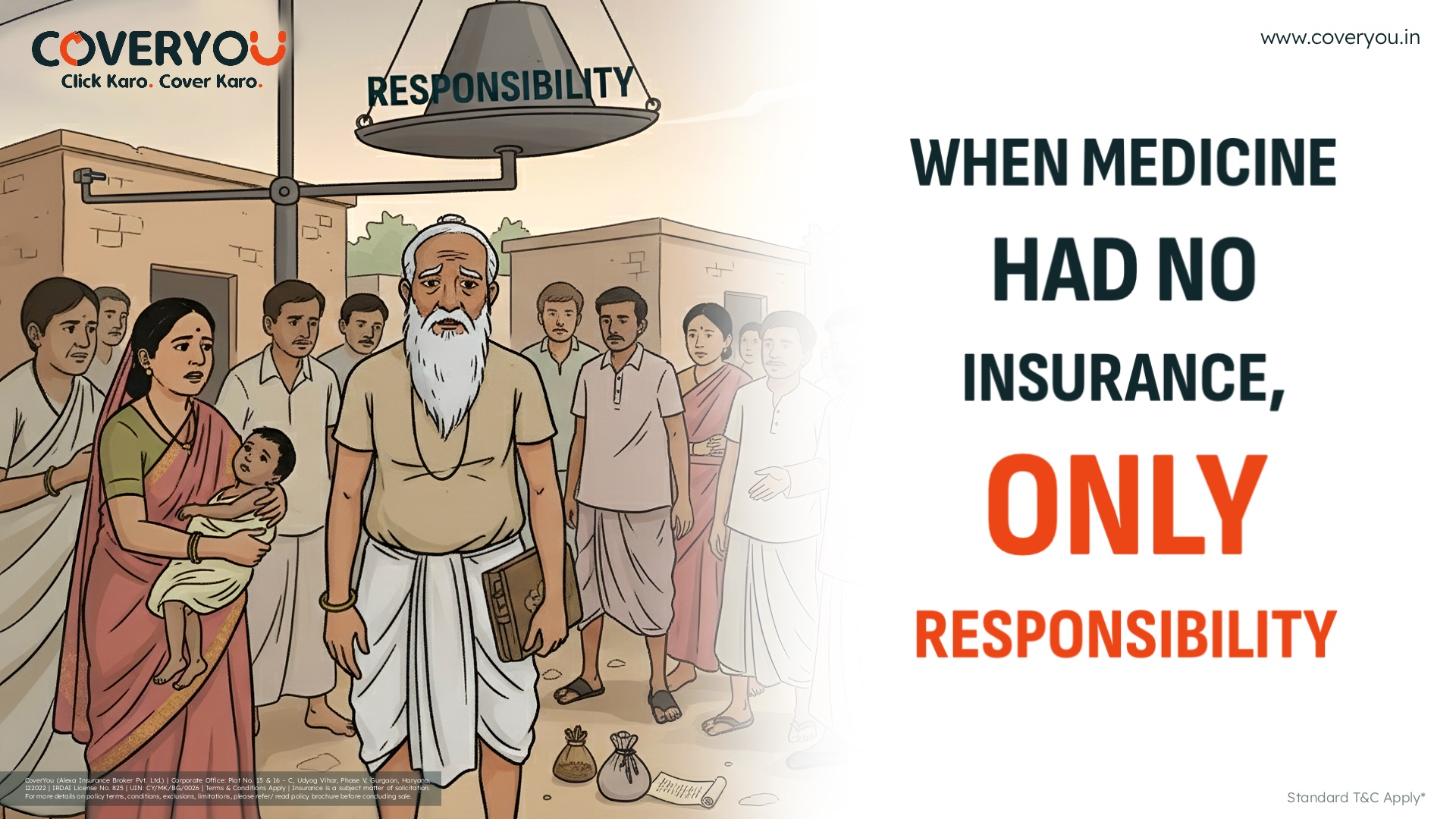Introduction
A Dermatologist is a medical professional who focuses on identifying, managing, and avoiding disorders and illnesses of the skin, hair, and nails. They have received training in treating numerous skin diseases, such as eczema, psoriasis, skin cancer, and acne. In order to enhance the look of the skin, dermatologists may also perform cosmetic procedures like chemical peels, laser treatments, and Botox injections. They may collaborate with other medical professionals to provide their patients comprehensive treatment and work in clinics, hospitals, or private practices.
Dermatologists are essential for maintaining good skin, hair, and nails as well as for the early detection, diagnosis, and treatment of skin conditions and diseases. A few of the main justifications doctors are crucial are as follows:
- Skin doctors have a special interest in Cosmetic surgery and can offer a variety of techniques to help patients appear their best. Management of cosmetic issues. Chemical peels, Botox shots, dermal fillers, laser procedures, and dermal fillers are a few of these.
- Support for people with chronic illnesses: Psoriasis and eczema are two skin diseases that can be chronic and need constant attention. In order to help patients manage their symptoms and enhance the quality of their lives, dermatologists can collaborate with them to create personalised treatment plans and offer ongoing support.
- Dermatologists are skilled at identifying and managing a variety of skin conditions, such as eczema, psoriasis, acne, skin cancer, and others. To determine the underlying cause of skin issues and create personalised therapy plans for their patients, they employ a variety of tools and techniques, including biopsies and other diagnostic tests.
- Skin Cancer prevention: As one of the most prevalent cancers in the world, skin cancer requires early diagnosis and prevention, which is why dermatologists are so important. They can conduct routine skin cancer screenings and offer recommendations for sun protection and other actions that can help lower the chance of developing skin cancer.
Table of contents
- Why is insurance necessary for a dermatology practice?
- What risks does a dermatologist face that require insurance coverage?
- What types of insurance should a dermatology practice consider?
- How does insurance protect both dermatologists and the patient?
Why is insurance necessary for a Dermatology practice?
There are various reasons for the necessity of insurance for a Dermatology practice.
- Defending against malpractice claims: Misdiagnosis, delayed diagnosis, improper therapy, and other errors can lead to malpractice claims against dermatologists. Malpractice insurance offers a defence against these allegations and aids in defraying court costs in the event of litigation.
- There are frequently expensive medical tools, supplies, and equipment in dermatology clinics that could be lost, stolen, or damaged by natural disasters. Property Insurance covers these losses.
- Many hospitals and healthcare facilities require dermatologists to have a particular kind of insurance in order to be granted privileges to practise at a hospital or other healthcare facility.
- Defence against liability claims: Liability insurance provides defence against claims that the dermatologists or their employees’ acts caused bodily harm or property damage. For instance, liability insurance will cover any resulting medical bills or attorney fees if a patient trips and falls in the dermatologist’s workplace.
What risks does a Dermatologist face that require insurance coverage?
Like any other medical specialist, a dermatologist faces a number of risks that necessitate insurance coverage for the security of both them and their patients. The risks that a Dermatologist typically faces include:
- Patients’ injuries: While receiving medical care, a patient may suffer an injury or encounter complications. Patients who suffer damage or injury while receiving treatment from the dermatologist may file a lawsuit.
- Liability for hiring practices: A Dermatologist may be held liable for claims made by workers who claim they were subjected to discrimination, harassment, wrongful termination, or other problems at work. Insurance against employment practises risk may offer a defence against these allegations.
- Allegations of malpractice: If a patient feels they have gotten subpar care, a Dermatologist may be accused of malpractice. Malpractice insurance can help to reduce these expenses. Malpractice claims can result in high legal fees and settlements.
- Property damage: Accidents, theft, or natural disasters are just a few of the things that can cause property damage to a dermatologist’s workplace. Insurance benefits can be used to replace or repair damaged goods.
- Threats to Cyber Security: In the current digital era, Dermatologists may experience Cyber Security risks like data breaches and hacking attempts. Cyber insurance can aid in defending against monetary losses and reputational harm brought on by these dangers.
What types of insurance should a dermatology practice consider?
The following are some of the most typical insurance plans used by Dermatologist practices:
- Cyber liability insurance: As a healthcare provider, your office might electronically keep private patient data. Your business is shielded from hacking, data breaches, and other online dangers by cyber liability insurance.
- Workers’ compensation insurance: This insurance offers rewards to workers who sustain work-related illnesses or injuries.
- Medical malpractice insurance: This kind of insurance is necessary for all medical practices, including dermatology, and practises, as it defends them and their staff members from allegations of misconduct or negligence in the medical field.
- Workers’ compensation insurance: This insurance offers rewards to workers who sustain work-related illnesses or injuries.
- Insurance against property damage, such as that brought on by a fire or a natural catastrophe, is provided by property insurance.
- Insurance against claims of discrimination, harassment, wrongful termination, and other work-related claims is provided by employment practises liability insurance (EPLI).
How does insurance protect both the dermatologist and the patient?
Dermatologists and customers can both benefit from insurance in the following ways:
- Dermatologists can purchase malpractice insurance to defend themselves against allegations of carelessness or misconduct. Legal fees, settlements, and awards coming from allegations that a dermatologist injured or harmed a patient as a result of an error or oversight is covered by this kind of insurance.
- Insurance against liability: Insurance against liability protects patients from potential harm or financial loss brought on by the dermatologist’s deeds or inactions. This kind of insurance can pay for the patient’s potential medical costs, missed wages, and other damages.
- Dermatologists can purchase property insurance to safeguard their tangible possessions, such as their office, machinery, and stock. This kind of insurance can cover losses or damages brought on by things like theft, fire, and natural catastrophes.
- Cyber Insurance: In the current digital period, cyber insurance can offer security against data breaches and cyberattacks to dermatologists as well as their patients. Legal fees, penalties, and other costs related to a cyber incident may be covered by this kind of insurance.
Frequently asked questions
Q1. Who is a Dermatologist?
Ans. A Dermatologist is a medical professional who focuses on identifying, managing, and avoiding disorders and illnesses of the skin, hair, and nails.
Q2. How does Dermatology Insurance protect from cyber risks?
Ans. In the current digital age, cyber insurance can offer security against data breaches and cyberattacks to dermatologists as well as their patients. Legal fees, penalties, and other costs related to a cyber incident may be covered by this kind of insurance.
Q3. What is EPLI?
Ans. Insurance against claims of discrimination, harassment, wrongful termination, and other work-related claims is provided by employment practices liability insurance.
Q4. How can Psoriasis and Eczema be cured?
Ans. Psoriasis and eczema are two skin diseases that can be chronic and need constant attention. In order to help patients manage their symptoms and enhance the quality of their lives, dermatologists can collaborate with them to create individualized treatment plans and offer ongoing support.
Q5. How can dermatologists get protected from liability for hiring practices?
Ans. A dermatologist may be held liable for claims made by workers who claim they were subjected to discrimination, harassment, wrongful termination, or other problems at work. Insurance against the risk of unfair employment practices may offer a defence against these allegations.

















